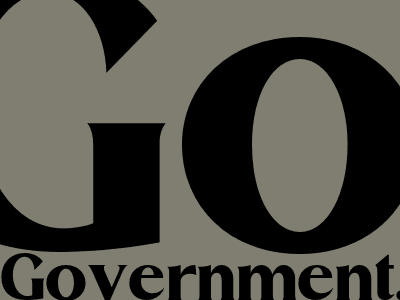
The Role of Government in Public Administration
Government's Involvement in Public Administration
Public Administration, the execution of government policies and initiatives, involves the government playing a crucial role. The government, through its various agencies and departments, is responsible for the planning, implementation, and evaluation of public policies and programs. These policies and programs are designed to address a wide range of issues affecting the public, such as healthcare, education, infrastructure, and social welfare.Key Functions of Government in Public Administration
- Policy Formulation: The government establishes policies and programs to address public needs and issues. These policies provide a framework for public administration and guide the allocation of resources.
- Implementation of Policies: Once policies are formulated, the government implements them through its agencies and departments. This involves putting the policies into action and ensuring their effective execution.
- Evaluation of Policies: The government regularly evaluates the effectiveness of its policies and programs. This involves assessing their outcomes and impact on the public, and making adjustments as necessary.
- Resource Allocation: The government allocates resources to various public services and programs. This involves determining how funds will be distributed and ensuring that resources are used efficiently and effectively.
- Regulation of Public Services: The government regulates the provision of public services to ensure quality and consistency. This involves setting standards, conducting inspections, and enforcing regulations.
- Accountability and Transparency: The government is accountable to the public for its actions and decisions in public administration. This involves providing transparency in its operations and being responsive to public concerns.
Benefits of Government Involvement in Public Administration
* Ensures the provision of essential public services that may not be provided by the private sector.* Provides a framework for addressing public needs and issues in a coordinated and comprehensive manner.
* Protects the public interest and ensures that public resources are used efficiently and effectively.
* Promotes accountability and transparency, ensuring that the government is responsive to the needs of the public.